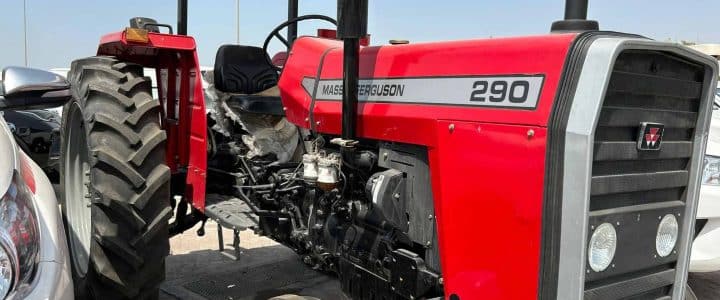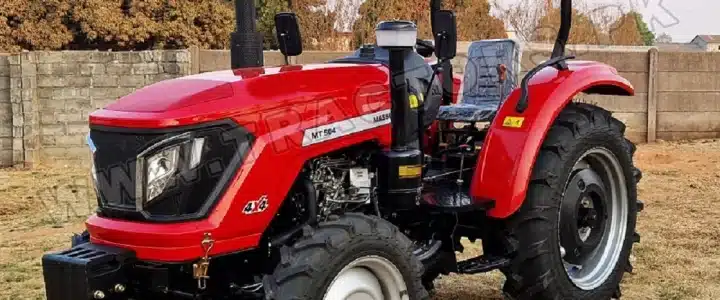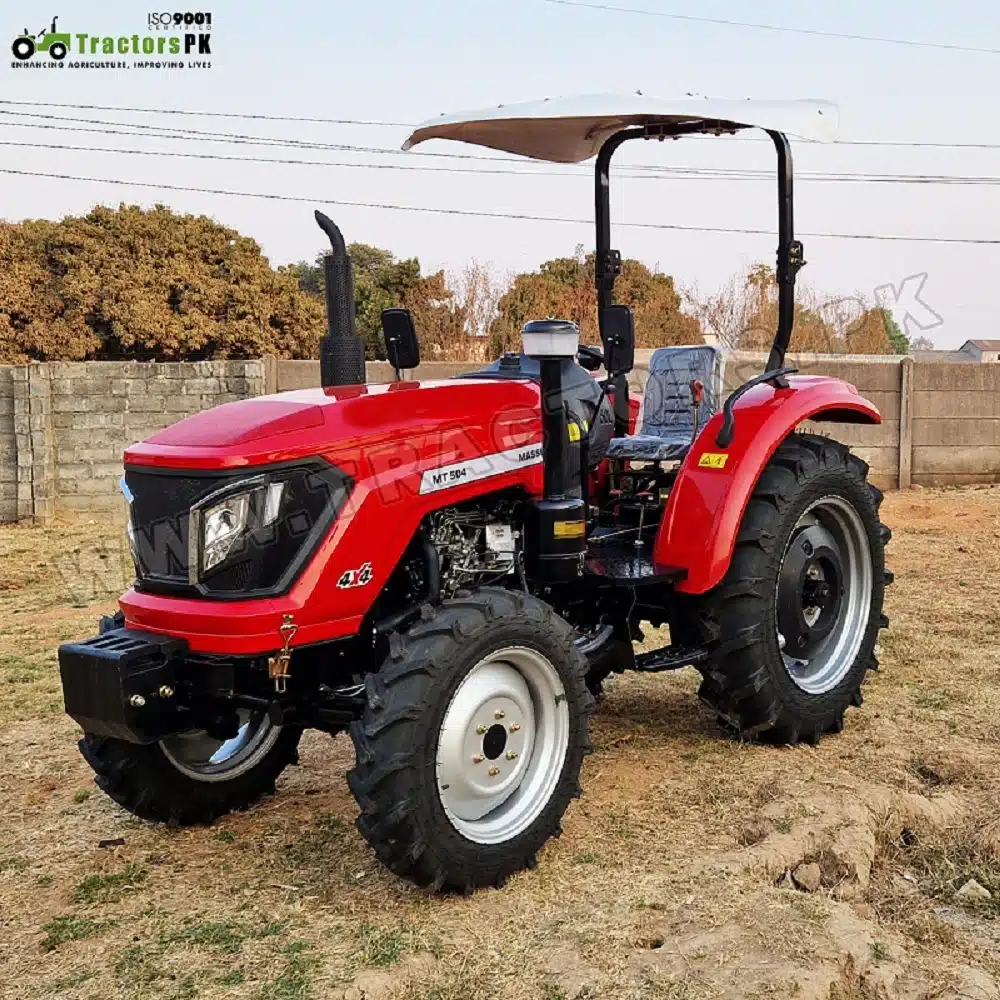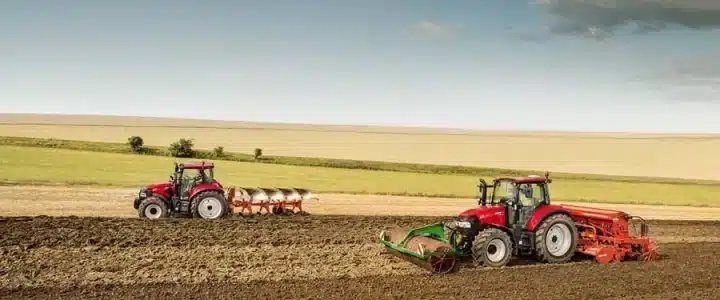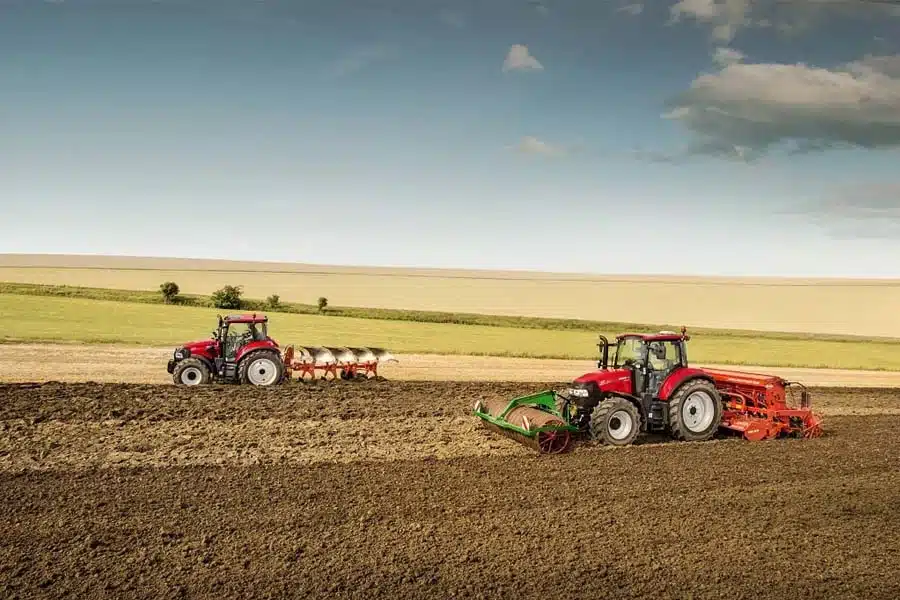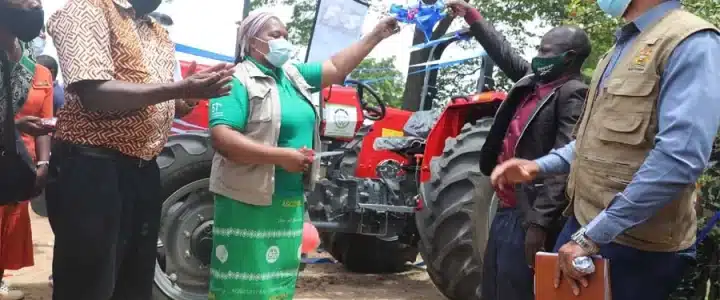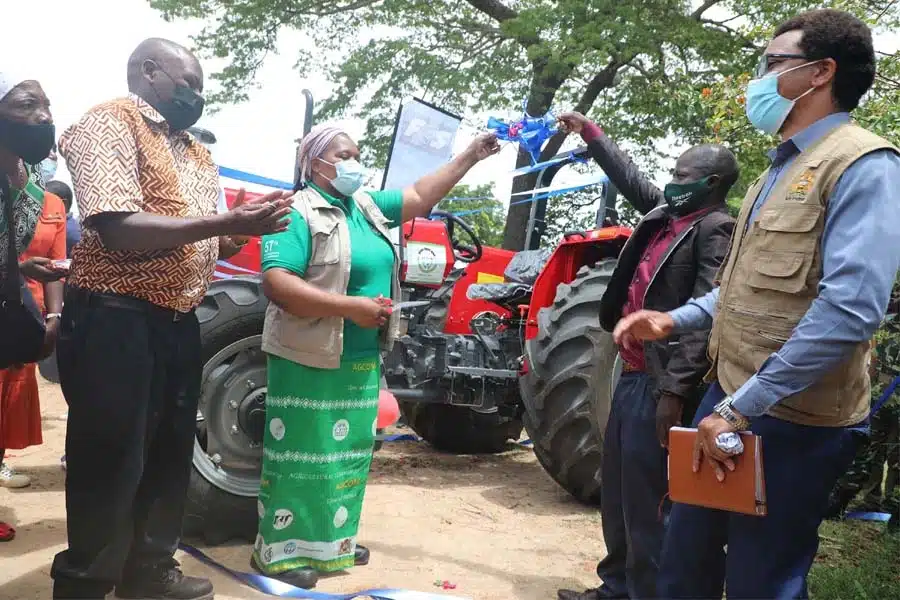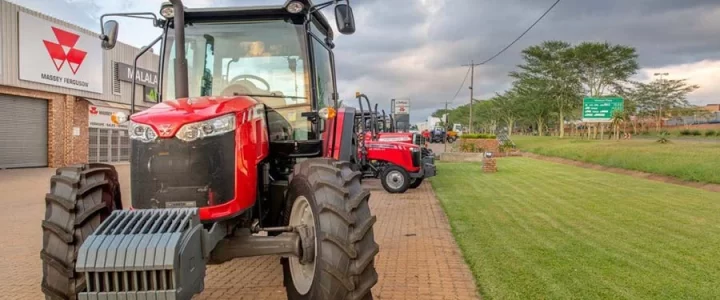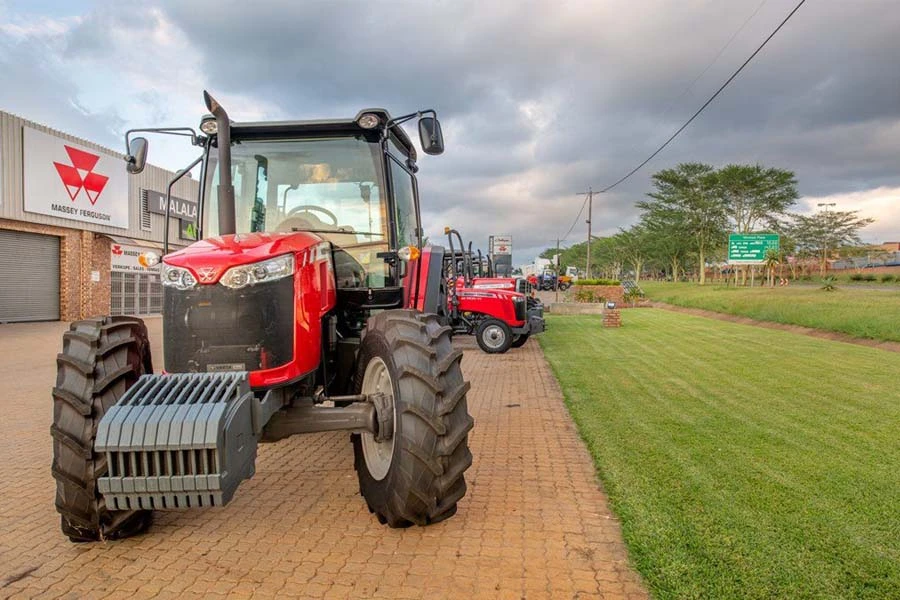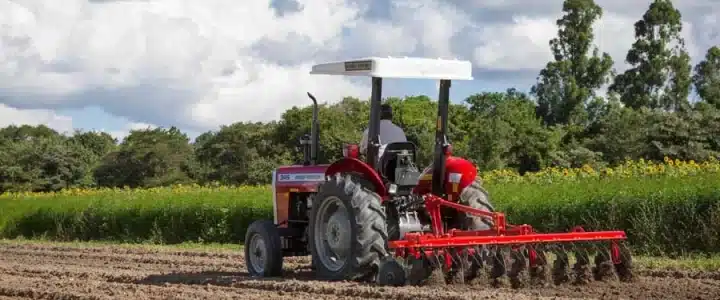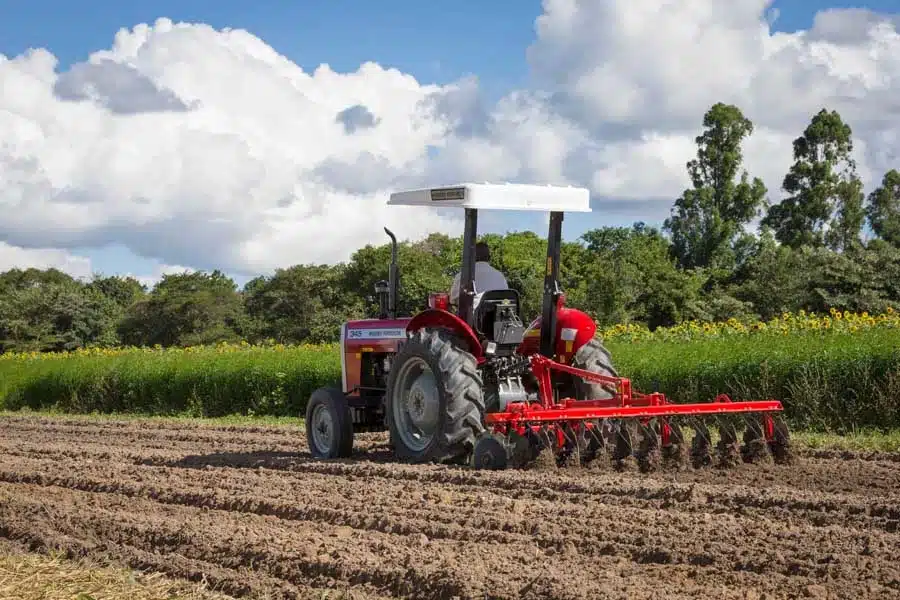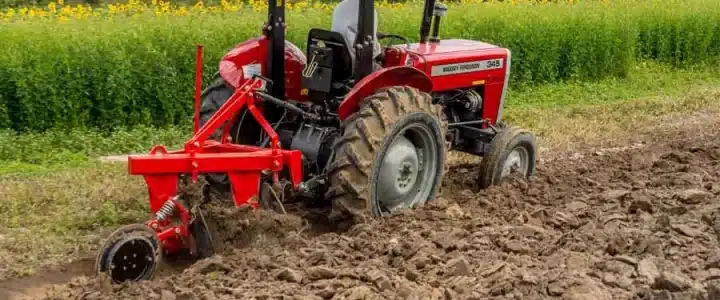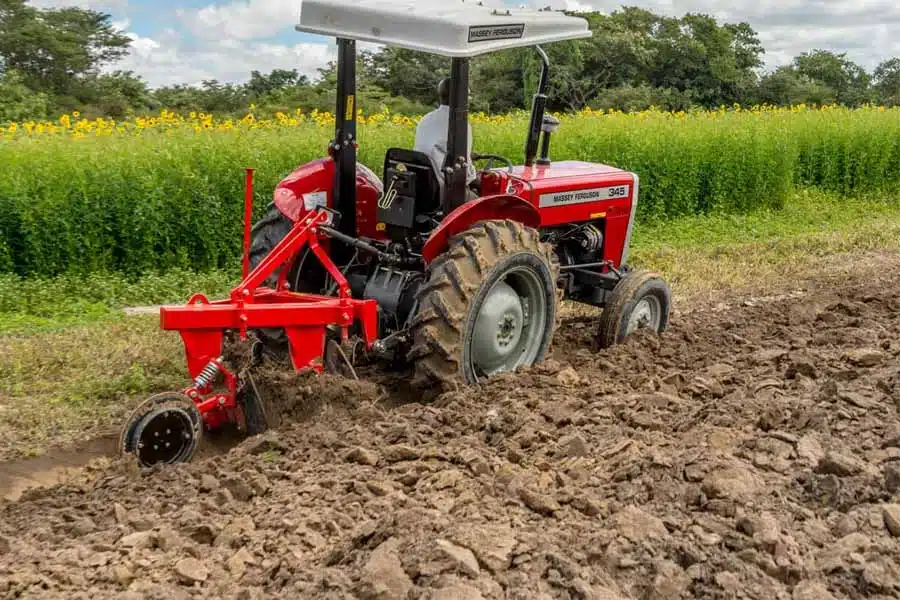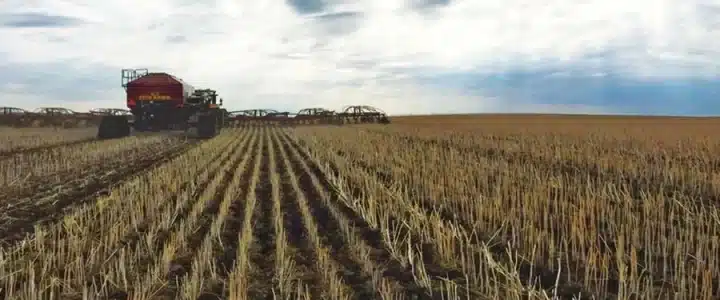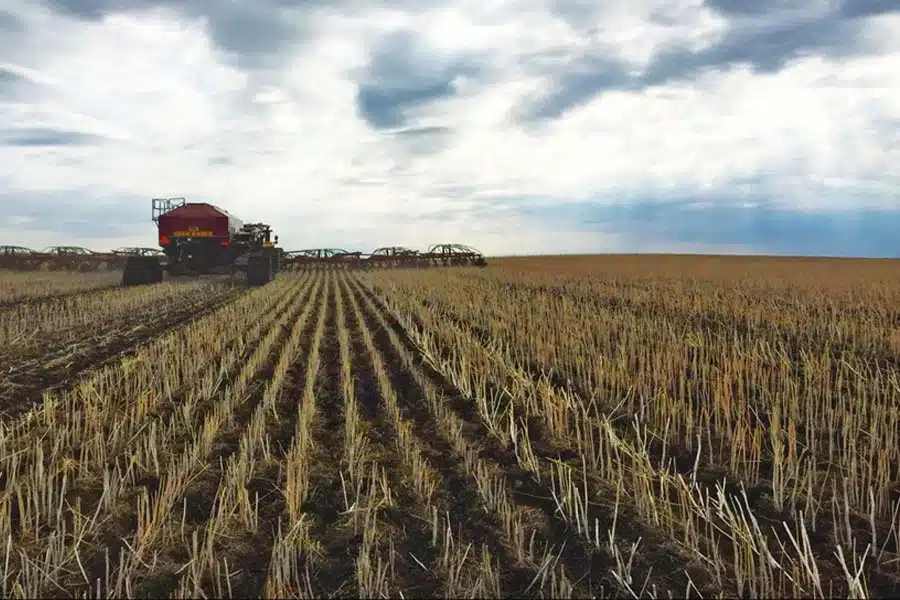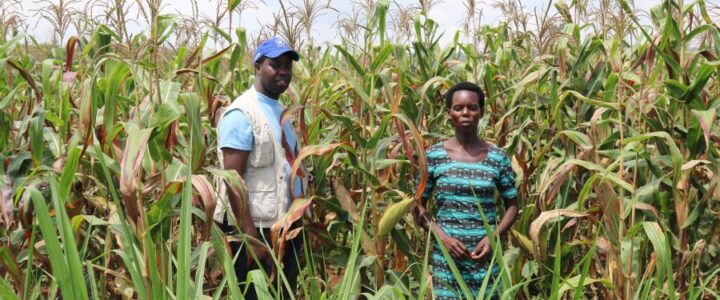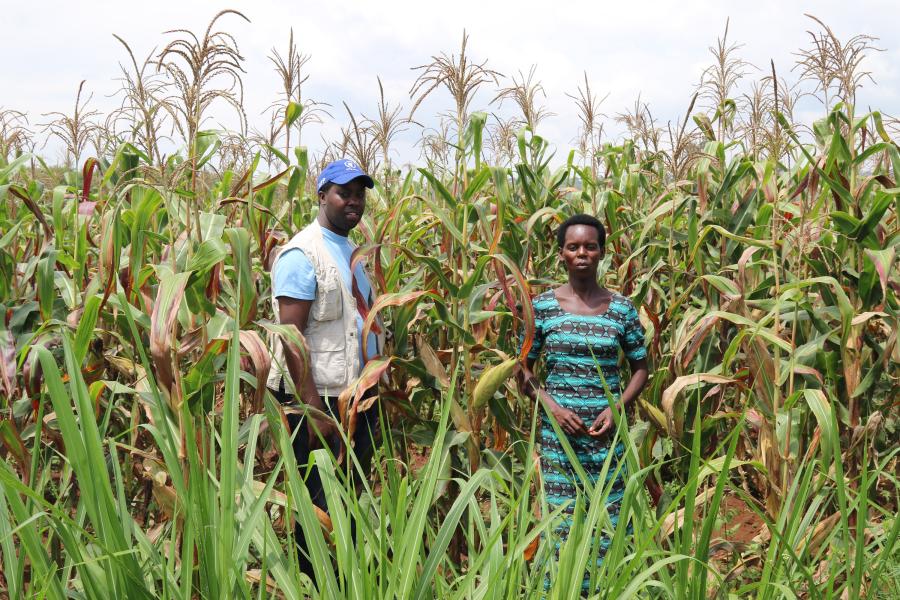Massey Ferguson is a trusted name in the world of agricultural machinery. Known for its high-quality engineering and dependable performance, the brand has been empowering farmers around the globe for decades. Tractors PK, a leading supplier of Massey Ferguson tractors, plays a crucial role in making these machines accessible to farmers in South Sudan by offering export-quality tractors tailored to meet local farming conditions.
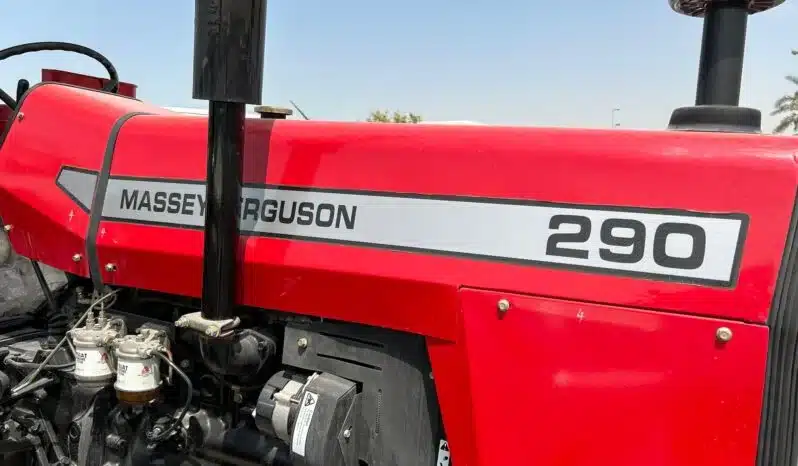
One of the standout models in their inventory is the Massey Ferguson 290. This model, available in both 2WD and 4WD variants, is built to tackle the challenges of modern farming. Below, we take a closer look at the Massey Ferguson brand, the 290 model, and its two variations.
The Legacy of Massey Ferguson and Tractors PK
Massey Ferguson is synonymous with reliability and innovation in the agricultural sector. The brand has a long-standing reputation for manufacturing versatile and durable tractors designed to boost productivity and reduce operational costs for farmers. With technology that is both robust and user-friendly, Massey Ferguson tractors are a favourite choice for agricultural communities worldwide.
Tractors PK, a trusted distributor of Massey Ferguson tractors, has established itself as a key supplier across Africa, including South Sudan. Their commitment to offering cost-effective, high-quality machinery has earned them a strong reputation. By addressing the unique farming needs of the region, Tractors PK supports farmers in achieving higher crop yields and operational efficiency.
Overview of the Massey Ferguson 290
The Massey Ferguson 290 is a powerful and versatile tractor, equipped with an 82 HP engine. This robust machine is designed to handle a variety of agricultural tasks, making it equally valuable for small-scale farmers and large commercial farms. Whether it’s ploughing fields, hauling heavy loads, or operating implements like seeders and sprayers, the Massey Ferguson 290 is up to the task.
Available in two drivetrain options—2WD and 4WD—the Massey Ferguson 290 caters to different terrains and farming requirements, giving farmers the flexibility to choose the model that aligns best with their operational needs.
Massey Ferguson 290 2WD Variant
Massey Ferguson 290 2WD (two-wheel drive) model offers exceptional value for money and excels in regions with flat or moderately uneven terrains. Here’s an in-depth look at its features and benefits:
Features of the 2WD Model
- 82 HP Engine: The powerful engine ensures efficient performance across a range of tasks.
- Fuel Efficiency: Designed to consume less fuel, this model provides cost savings for farmers over extended use.
- Simplified Design: The 2WD configuration is easier to maintain and repair, making it ideal for farmers seeking low-cost upkeep.
- Versatility: Best suited for ploughing, hauling, and light to medium-duty tasks.
Benefits for South Sudanese Farmers
South Sudan’s expansive farmlands are often flat and ideal for the 2WD variant. Farmers can benefit from its fuel-saving design, making it a cost-efficient choice for those focused on maximising early returns on investment.
Massey Ferguson 290 4WD Variant
For farmers operating in more challenging conditions or requiring extra traction, the 4WD (four-wheel drive) version of the Massey Ferguson 290 is the perfect solution. Built to excel in varied and rugged terrains, this model offers superior performance in demanding environments.
Features of the 4WD Model
- Enhanced Traction: The 4WD system provides excellent grip and stability, making it effective on slopes and muddy fields.
- Robust Durability: Designed for heavy-duty applications, it can withstand the wear and tear of strenuous daily work.
- Engine Performance: Like the 2WD model, it is powered by an 82 HP engine, ensuring consistent output.
- Greater Versatility: Suited for use in rice paddies, hilly areas, and rough or uneven terrains.
Benefits for South Sudanese Farmers
Regions in South Sudan prone to heavy rains or featuring hilly landscapes greatly benefit from the 4WD’s superior traction and durability. Farmers tackling intensive tasks like large-scale ploughing or operating heavier implements will find this model invaluable.
Comparing the 2WD and 4WD Models
Choosing between the Massey Ferguson 290 2WD and 4WD depends largely on the farming environment and the specific requirements of the farmer. Here’s a quick comparison to help:
| Feature | 2WD Model | 4WD Model |
|---|---|---|
| Terrain | Best for flat or slightly uneven farmland | Ideal for rugged, uneven, or marshy terrain |
| Traction | Limited to rear-wheel drive | All-wheel drive for superior grip and stability |
| Fuel Efficiency | Higher fuel efficiency due to a lightweight drivetrain | Slightly lower fuel efficiency but better performance |
| Application | Light to moderate farming tasks | Handles heavy-duty tasks with ease |
| Cost | More affordable upfront and easier to maintain | Higher initial investment but excellent for intricate farming |
Why Choose Massey Ferguson 290 Tractors in South Sudan?
Agriculture is the backbone of South Sudan’s economy, and reliable machinery like the Massey Ferguson 290 aids in unlocking the full potential of the sector. The broad range of features, coupled with the durability and fuel economy of these tractors, make them an ideal investment for farmers intending to increase their crop yield. Whether it’s the affordable 2WD for straightforward operations or the rugged 4WD for challenging tasks, farmers in South Sudan can depend on Massey Ferguson 290 tractors to get the job done.
By partnering with Tractors PK, South Sudanese farmers gain access to export-quality tractors at competitive prices, backed by excellent customer support. Tractors PK ensures that farmers have access to the right tools for success, enhancing agricultural productivity across the nation.
